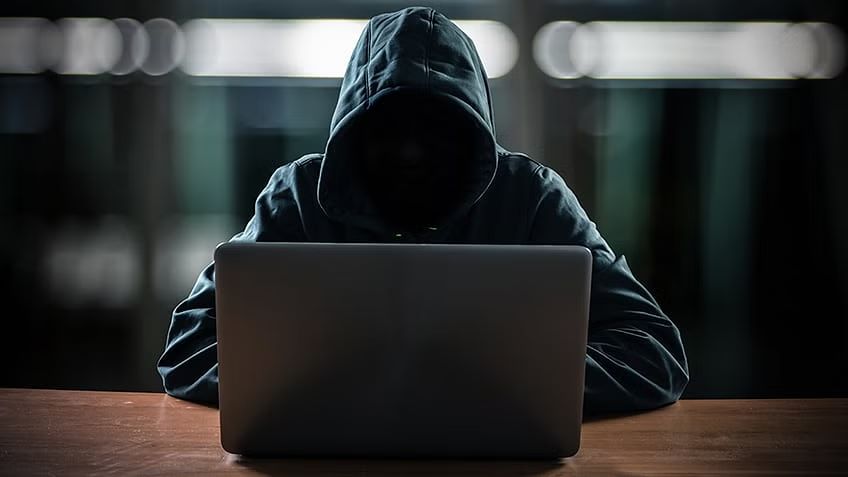Last Thursday, the Supreme Court sent a warning saying that its website has been hacked and a fake website has been created. It said that the personal information is being leaked by the cyber criminals by phishing their websites through the URL. Hence a secure warning is being sent from the Supreme court’s registrar not to disclose any confidential and personal information on the website.
The circular says “The registrar of the court told the people to neither click nor share any kind of links or URLs whichever is received from the website without checking the accuracy or authenticity, please make sure that the Supreme Court of India will never claim for any kind of confidential information, financial details and personal data from the public”. “Kindly note that the registered user of the domain name www.sci.gov.in is the Supreme Court of India and before clicking on any of the websites or URLs always verify the same”, it added.
Phishing is a cyber attack by an attacker who uses misleading tactics, such as the username, password, credit card numbers or any other identifying information to trick individuals into disclosing confidential information. Such information is often misused for a malicious purpose, e.g. unauthorized access to the accounts, money laundering or identity theft.
The hackers ask for the personal details of the public by creating fake websites through sharing links, sending some attachments to download, or to send some confidential data. The website might look original but the complete control will be under the cyber criminals. The court suggested the victims who have already been trapped under this attack to rechange their passwords of all their online accounts and also to send a report to their bank and other companies to report such unofficial websites.
D Y Chandrachud, the Chief Justice of India cautioned the legal officers (lawyer’s) and suspects regarding the unauthorized website and asked them to be safe with respect to the financial transactions. “Please be careful. Don’t click on that link. Don’t use it for monetary transactions,” said Chandrachud, who was challenging the revocation of Article 370 sitting in a constitution bench hearing the plea.

